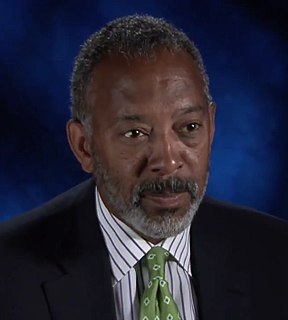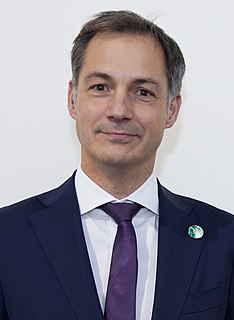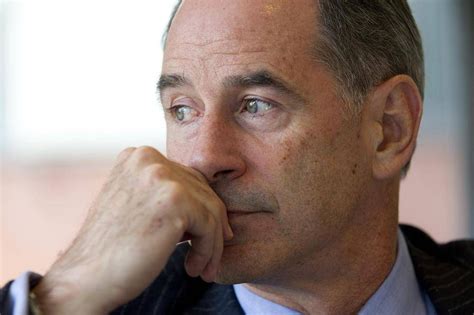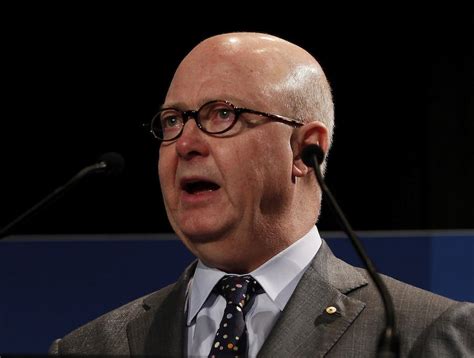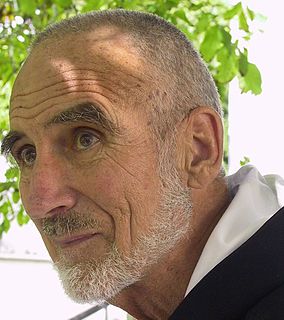A Quote by John W. Thompson
We need to shift the paradigm from reactive technologies to more integrative solutions that deal with the variety and complexity of the threats that are out there today.
Related Quotes
I was blown away when I figured out that none of the great integrative moves that I studied came as a result of starting with a blank sheet of paper - as many innovation coaches suggest. Integrative solutions came directly from mining the existing models for the best of their nuggets. So I never start with a blank sheet of paper anymore.
If there is anything the artist or a true work of art teaches us, it is that variety and complexity really increase the unity, and that to achieve unity within a great variety of complexity is a greater achievement and more satisfying piece of art than to achieve unity with just a few elements, which is relatively easily achieved.
We need to come up with use cases for this technology that drive clear benefits for individuals and institutions - these are our customers. Too often we see bitcoin and blockchain technologies as solutions in search of a problem. We don't just need these systems to be technically better than the alternatives - we need them to be more user-friendly.
For decades, I thought that scientific truth, solid economic case studies, and common sense were enough to bring about change on the environmental front. After all, the data is so compelling! I thought that if people just understood the severity of today's environmental threats and knew about available solutions, those solutions would happen. Not so.
